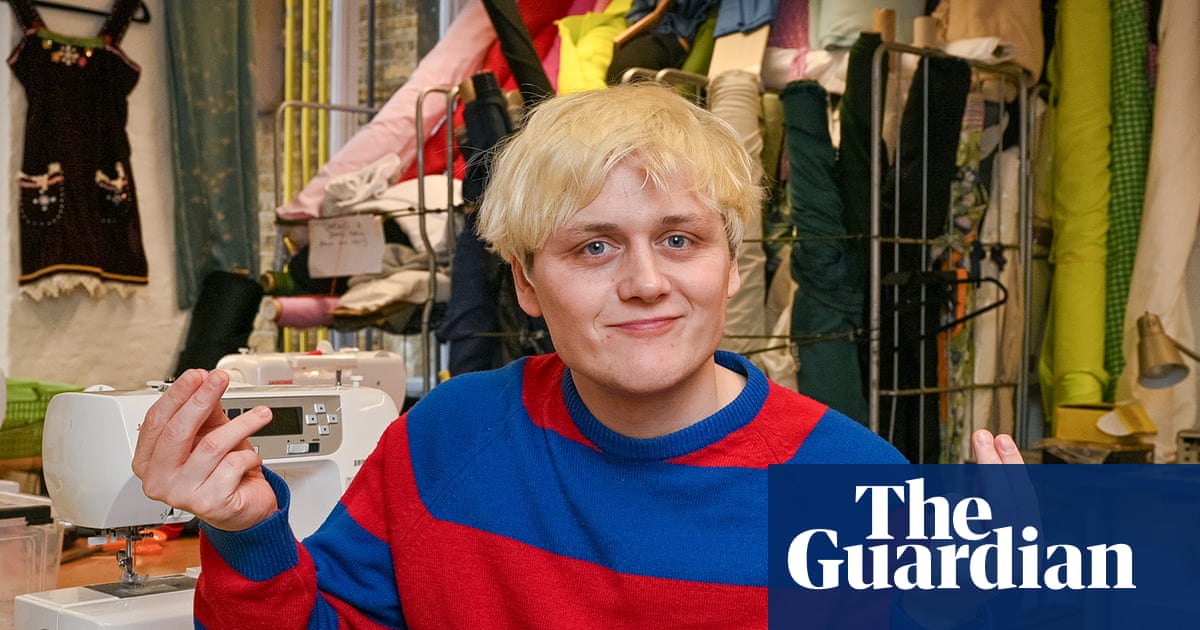
"I've never met a billionaire before. And this isn't how I imagined it would go. Don't get me wrong: his brightly lit Manhattan office is pleasant, but not unusual. The pipes are scalding hot. As his assistant leads me through to the meeting room, I'm fairly sure I can spot discarded paper plates from pizza slices poking out of the kitchen bin. In other words, it is similar to most of the city's workplaces."
"I'm here to meet Jim McKelvey, somebody Forbes will tell you has roughly 1.3bn to his name from co-founding the payment app Square. Jim is straight off a flight from Tokyo, I'm told. He enters the room and shakes my hand politely, but soon seems agitated. I'm not sure whether it's his lack of sleep or if this is just how people who make more money during power naps than you earn annually deal with potentially having their time wasted."
"So, I Googled you on my way in, I say, and it turns out you're a billionaire. He agrees. I worked it out, I continue, and it seems like 1m to you is the equivalent of 20 to me. So please can I have a million pounds? It is over quite abruptly. Pretty much everything has been going this way for over a month, since I started this project to become a millionaire in 90 days."
A narrator embarks on a 90-day quest to become a millionaire. A meeting with billionaire Jim McKelvey highlights the ordinariness of wealthy workplaces and the narrator's unease in that world. Observations include a modest Manhattan office, discarded pizza plates, and the billionaire's impatient demeanor after travel. The narrator encounters cultural fixation on wealth, pervasive entrepreneurial advice, and social media promotion of quick riches. Financial strain and dwindling savings fuel urgency and skepticism about contemporary values. The narrator reflects on upbringing without money and the unsettling elevation of founders and investors as today's celebrities.
Read at www.theguardian.com
Unable to calculate read time
Collection
[
|
...
]